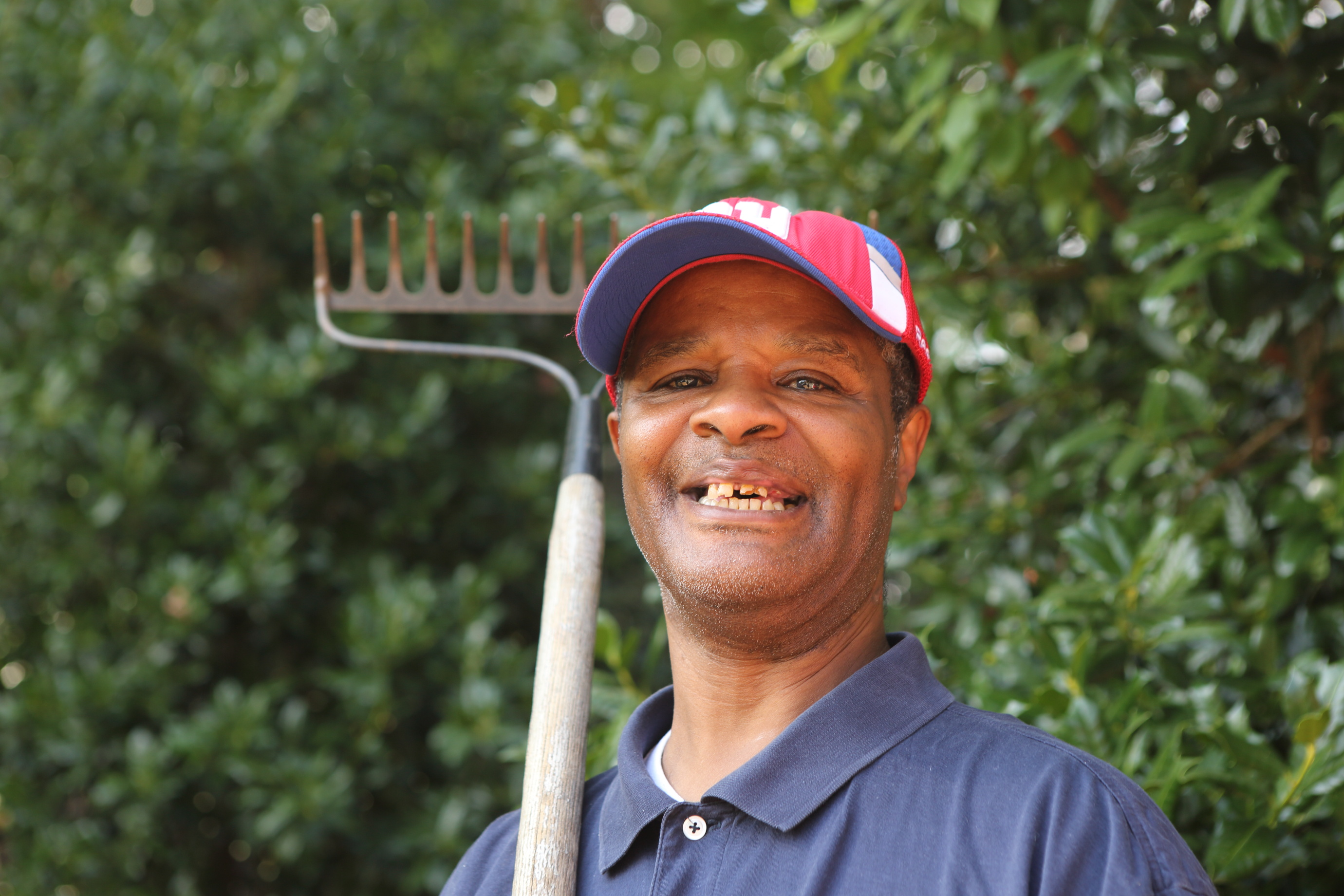Blog
Did you know?
January 12, 20101) The number of children experiencing homelessness has remained relatively stable over the last three years.
2) 31% of people experiencing homelessness report mental health problems.
3) Approximately 18% of people experiencing homelessness are veterans.
4) It costs more to provide emergency shelter (up to 90 days) and transitional housing (up to 2 years) than it does to provide permanent supportive housing.
5) Almost 20% of persons experiencing homelessness in Greater Richmond report Henrico, Chesterfield and Hanover as their previous place of residence.
…stay tuned for additional “Did you know?” blogs every month
Data provided by Homeward
It’s cold outside…
January 5, 2010When I got up to go walking yesterday morning, it was 21 degrees. That’s pretty cold for Richmond. But I braved the cold to get some exercise, knowing that I would soon return to a warm house.
Not so for many of our brethren who are experiencing homelessness. The sad truth is that people do die from exposure right here in our own community. I know that there were vigils here in Richmond and throughout the nation on December 21st to commemorate those individuals who have died while they were homeless.
At least Richmond and Norfolk have overflow or cold weather shelters that accommodate people with no place to live when the temperature goes below freezing.
Two years ago, 50 individuals were living on the streets, in their vehicles, or in abandoned buildings who now have their own safe AND warm apartments and are receiving the services they need in our A Place to Start program. I hope we can continue to focus our efforts on these permanent solutions so that we don’t have to worry about people dying from the cold anymore. Let’s face it, we have no control over the weather, but we can do something about its detrimental effects on society’s most vulnerable citizens.
Need a suggestion for a New Year’s resolution?
December 29, 2009I have asked Kristin Yavorsky, VSH’s Director of Clinical Services, to write this week’s blog. Kristin holds a Masters Degree in Social Work from Virginia Commonwealth University and for more than fifteen years, has worked for public and private community mental health organizations in North Carolina, Virginia and New York City.
Thanks, Alice
Let’s use person-first language whenever possible in 2010 (and beyond!)
Words have power and convey our attitudes and beliefs about the person or group about whom we’re speaking or writing. In this coming year, consider the impact your word choice has on people who have often already experienced significant challenges due to their life experiences.
“We provide assistance to the homeless.”
“He is a schizophrenic.”
“She is crippled and wheelchair-bound.”
The statements quoted above use labels to define a whole person or group of people rather than promoting their personhood first. Each of us can be defined by a series of labels, some that promote our strengths and others that highlight our differences or challenges.
Would you want to be defined solely by your challenges?
If it is necessary to refer to a person’s illness, disability or life challenge, do so in a way that acknowledges the person first. When in doubt, ask the person themselves how they prefer to address their experience or challenge!
“We provide assistance to people who’ve experienced homelessness.”
“He is an individual who was diagnosed with schizophrenia.”
“She has a physical disability and uses a wheelchair.”
Sometimes person first language can be cumbersome, but these language changes demonstrate respect and serve as an acknowledgement that people who have disabilities also have many abilities and that they are valued as whole, complex individuals over simple labels.
Story of Hope – A Home for the Holidays
December 23, 2009For many people, this is a season of hope and fulfillment. While many of us take the simple gifts of food, housing, health, and income for granted, Virginia Supportive Housing extends a message of hope to some of our most vulnerable citizens who struggle to satisfy even these most basic of human needs. Stories like Sam’s (below) remind us that when compassion translates into action, the gift of hope can be fulfilled. Hope is what Virginia Supportive Housing is all about.
Sam has been a resident of New Clay House since 2002. Now in his late forties, Sam struggled for years with intellectual disabilities and the challenges of independent living. Throughout school, he was in special education classes and eventually dropped out in the 11th grade. Due to his cognitive impairment (his IQ measures at 50), he has never been able to consistently support himself although he would occasionally do farm or yard work. Without a reliable source of income, he was dependent on periodic assistance from local churches.
In his twenties, he moved to Richmond with no real plan or means of support. He spent time in shelters and on the streets, occasionally living with friends. Despite the critical impact that Sam’s disability was having a on his daily functioning, his attempts to apply for disability income were repeatedly denied until Virginia Supportive Housing came into the picture.
Thanks to VSH support services staff, Sam’s SSI claim was approved within 90 days. He now has a safe place to live and a steady income that meets his basic needs. For the first time in his adult life, Sam can share in the hope and fulfillment of the holiday season. Happy Holidays from Virginia Supportive Housing!
Act Now To Support The National Housing Trust Fund!
December 15, 2009The National Housing Trust Fund Campaign has issued a Call To Action asking people to contact their Senators and Representatives in support of appropriating funding for the National Housing Trust Fund (NHTF).
To find out more, click on the link below. VSH supports this measure and encourages everyone to take action by Friday!


